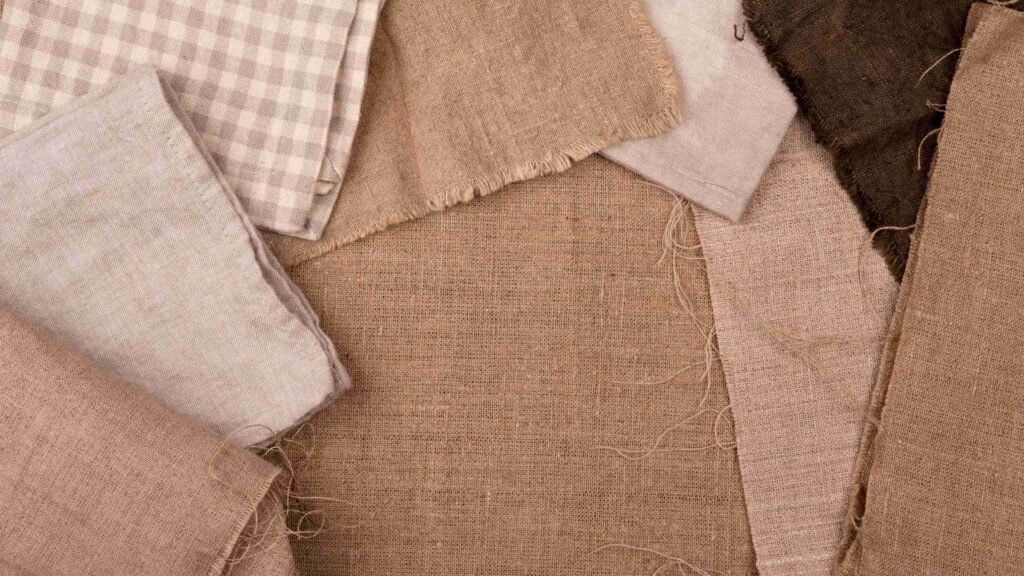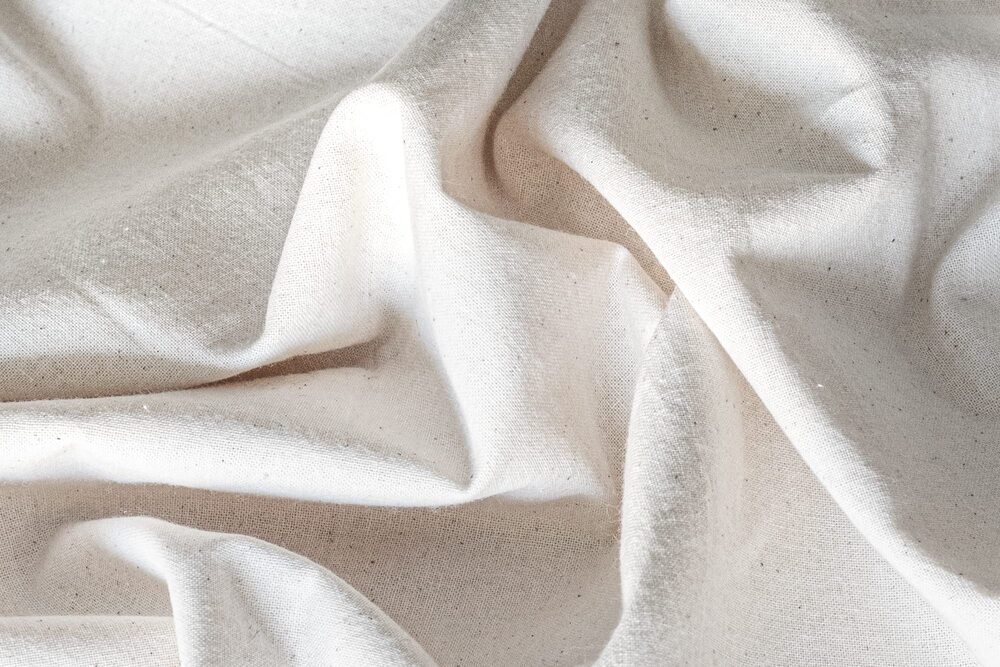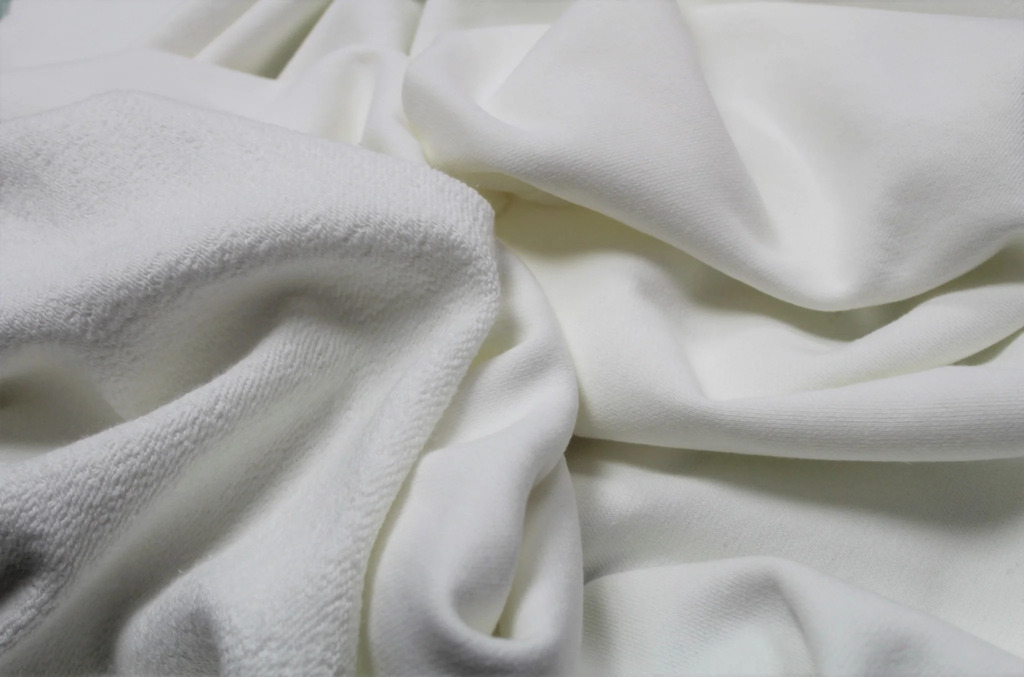7 advantages of wearing natural fabrics

A few decades ago, people used only natural fabrics. They were also a part of everyday life. But now, chemically loaded fabrics dominate the fashion industry, and with the rise of synthetic materials like polyester and nylon, many younger generations have not experienced the real feel of natural fabrics. It’s time to bring back the beauty and benefits of wearing natural materials and help the people rediscover them.
With their high-level advantages, people use natural materials like cotton, linen, wool, silk, and hemp to give a comfortable, breathable, and skin-friendly feel. It is more important to understand the value of choosing natural and eco-friendly textiles.
Every sustainable fabric material has its own unique features. The fabrics are not just for our comfort but for our health and the environment too. Read more about the natural and sustainable fabrics below.
What are natural fabrics?
The fabrics are derived from either plants or animals, which are breathable, biodegradable, and sustainable in the environment. And also, the fabrics are generally free from harmful chemicals and are gentle on the skin. CLICK HERE to find out more about natural fibers.
What are the benefits of natural fabrics?
There are so many types of fabrics, but why should you only choose natural and organic fabrics? Consider the following points to see why these sustainable fabrics are worth it.
Strong and durable
The fabrics are strong and long-lasting. They don’t tear out easily, even after many washes. The clothes made from cotton, linen, or wool can last for years if you take proper care of them. They can handle heat from ironing or washing better than many synthetic materials like polyester.
Eco-friendly and sustainable
The fabrics are eco-friendly and sustainable compared to synthetic fabrics because they come from natural sources. The fabrics are also biodegradable, which means they break down easily in the environment without causing harm. Unlike synthetic fabrics, they don’t release microplastics when washed or when worn due to skin pores opening with perspiration.
Healthier for your skin
Natural fabrics are gentle and healthier for your skin. They allow air to flow, which helps keep your skin cool and dry. The fabrics don’t trap sweat and heat, reducing the chances of rashes or skin allergies. Many fabrics are also free from harsh chemicals, and they are best for people with sensitive skin or allergies.
Breathable and long-lasting
The fabric has inherent properties that allow for better air circulation and moisture absorption no matter what the weather. The fabrics that are made with natural fibers are highly permeable. The fabric absorbs excess sweat and odors so that your clothes will feel best against the skin.
Higher quality
Natural clothing materials make a big difference. They can last longer and feel better over time. Choosing better quality means fewer replacements, less waste, and more satisfaction in every use. Moreover, quality fabrics provide a more comfortable feel due to their softness and comfortability.
Gentle on skin
The fibers are hypoallergenic and dermatologist-tested. These are providing dependable protection against harsh sunlight. Advanced moisture-wicking technology helps it to absorb sweat efficiently and leave your skin dry.
For example, organic cotton is made without using any pesticides or harmful chemicals. It is healthier for both the environment and customers. If your skin is oily or dry, the fabric adjusts according to your requirements, providing maximum comfort without causing irritation.
Soft texture
Natural fabrics have a soft, smooth texture that feels pleasant against the skin. Over time, natural fibers like cotton, bamboo, silk, or linen become even softer with each wash. The fabrics with soft texture are also ready to dye with natural dyes. They also help keep your body temperature balanced. They feel light and soft, even during long wear.
Why choose dye-free fabrics


- Dye-free or undyed fabrics are free from synthetic dyes.
- The blank fabrics make them a safer and more natural choice for your skin.
- Since they aren’t treated with artificial colors, they don’t cause irritation or allergic reactions, which is very helpful for people with sensitive skin or allergies.
- Undyed fabrics are great for people who want to dye the fabric themselves.
Why biodegradable fabrics are better for the environment
The biodegradable clothing is made from natural and sustainable materials that break down naturally over time. The fabrics are environmentally friendly. Unlike synthetic clothes used in fast fashion, which can take hundreds of years to decompose and release microplastics. But the natural fabrics return safely to the earth. Choosing biodegradable clothing leads to reduced waste, protected ecosystems, and a healthier planet.
Natural materials like cotton can decompose within a few months, depending on environmental conditions such as temperature, moisture levels, and microbial activity. On the other hand, synthetic fabrics like polyester or nylon can take up to 200 years to break down completely.
Conclusion
Switching to natural fabrics is not just a trend. It is also one of the best choices you can make for your health, your skin, and the environment. As more people become aware of skin problems and the environmental damage caused by synthetic fabrics, choosing natural materials like plant-based and animal-based fibers becomes an important step toward a greener future.
Are you looking for comfortable and natural fabrics to wear?
At Green Tailor we are making it easier for designers and dyers to access eco-friendly textiles. We aim to provide natural and organic fabrics that protect your skin and reduce the environmental impact of the textile industry. All the organic cotton fabrics we sell are GOTS certified, and linen is OEKO-TEX certified. With our strong focus on sustainability and transparency, we support a more ethical supply chain from fabrics to products.
Explore our collection of natural and eco-friendly fabrics and take the first step toward a greener lifestyle. For any inquiries or support, please contact us directly at [email protected].
